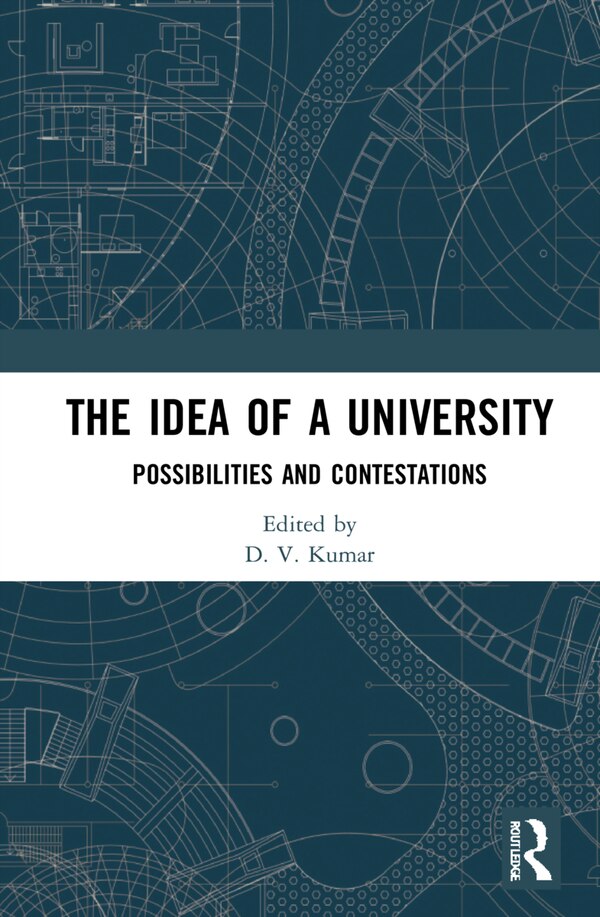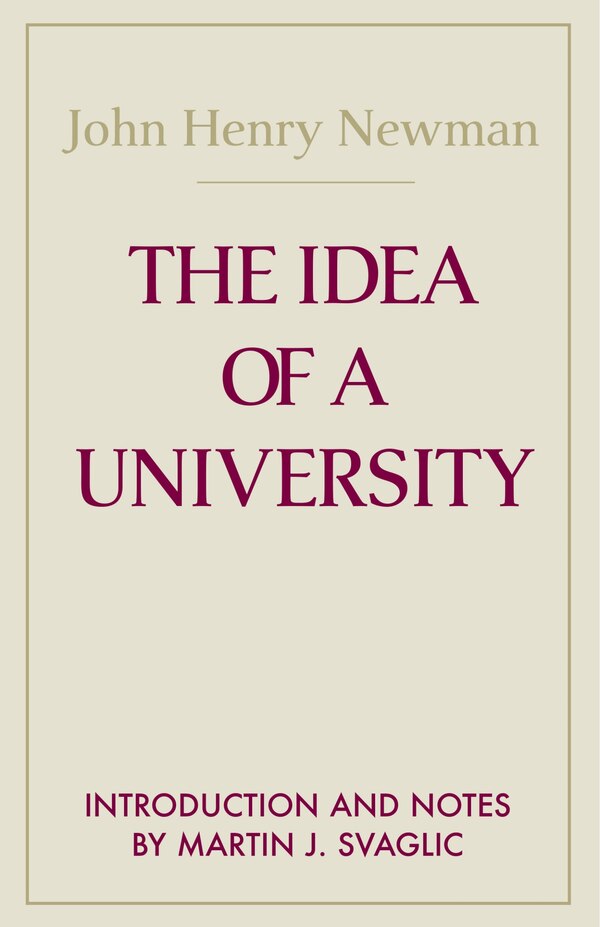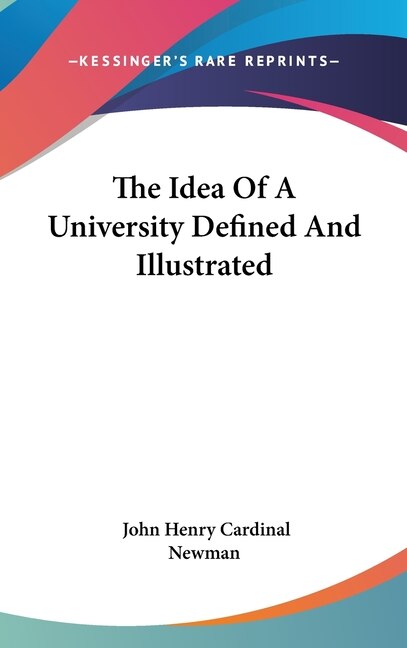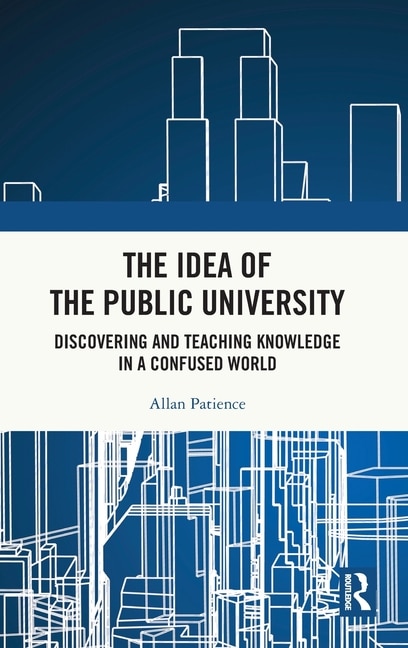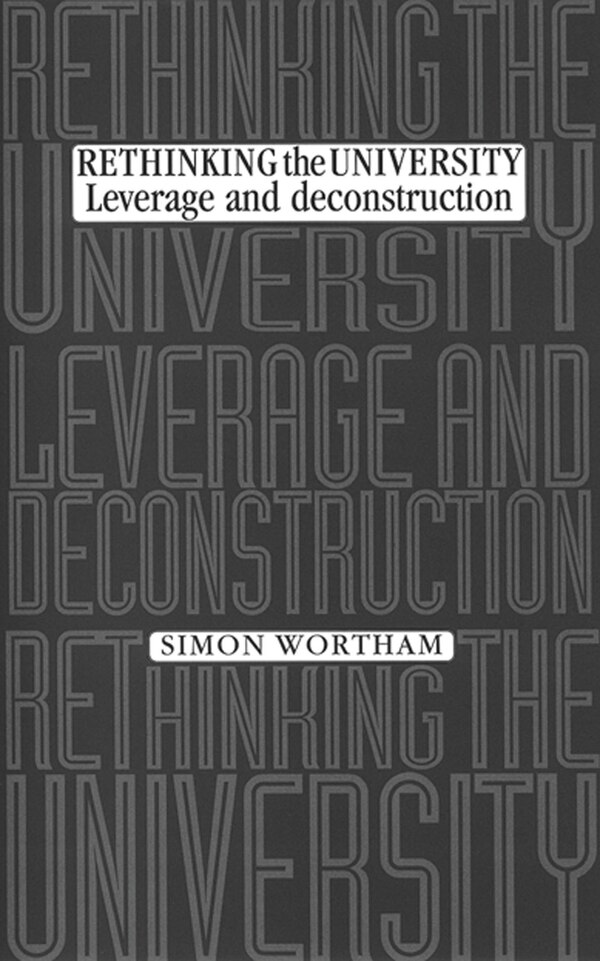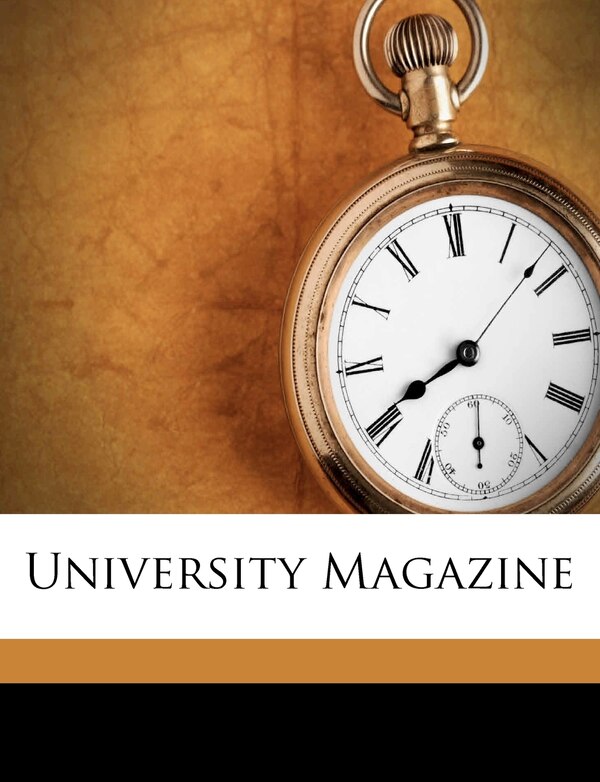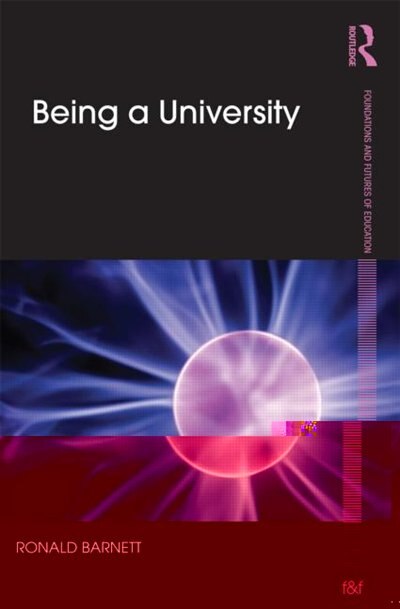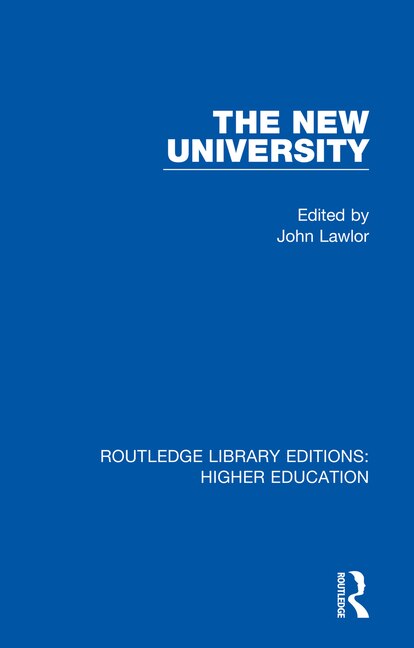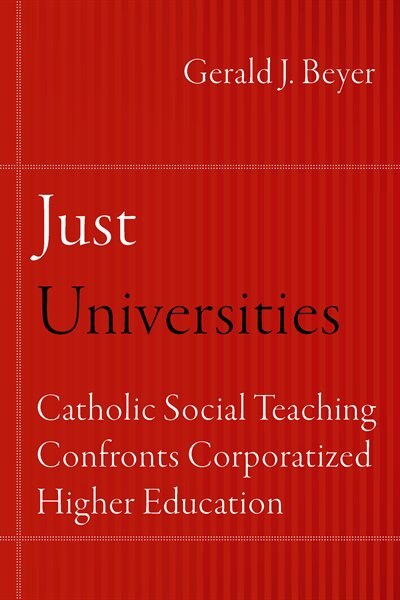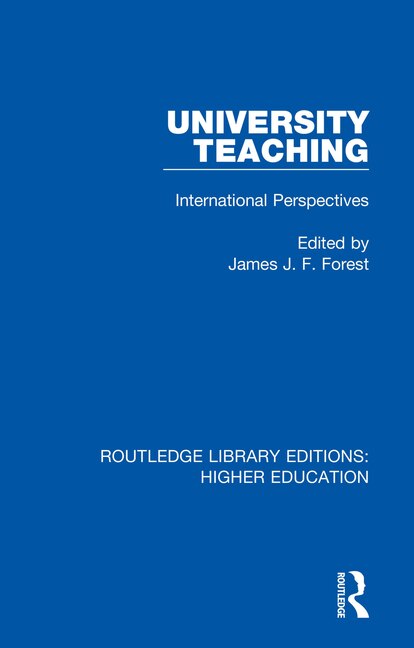
Choice Made Simple!
Too many options?Click below to purchase an online gift card that can be used at participating retailers in Village Green Shopping Centre and continue your shopping IN CENTRE!Purchase Here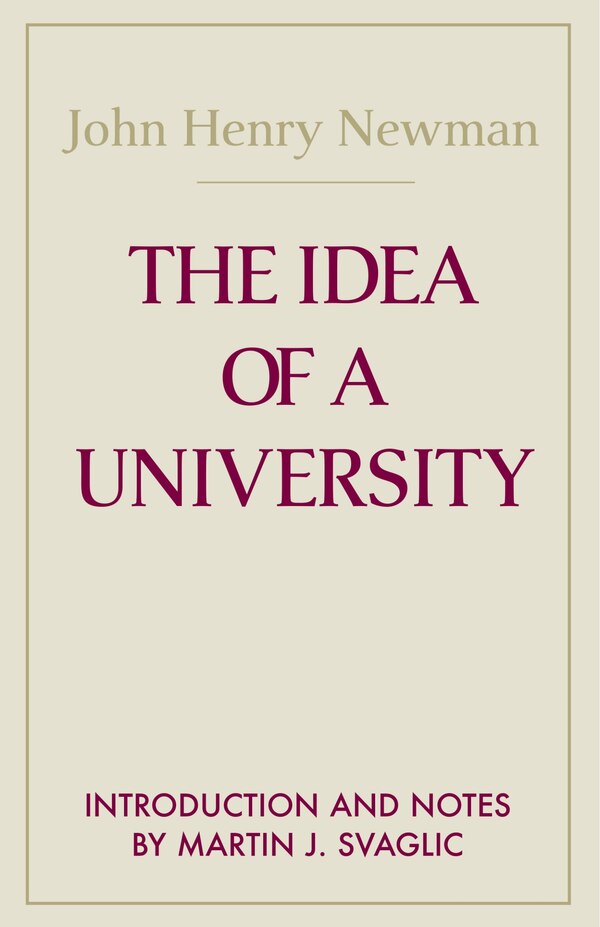
Compare Idea of a University The by J. Matthew Ashley, Paperback | Indigo Chapters
J. Matthew Ashley
$47.95
The Idea of a University [is an] eloquent defense of a liberal education which is perhaps the most timeless of all [Newman?s] books and certainly the one most intellectually accessible to readers of every religious faith and of none. . . . [O]nly one who has read The Idea of a University in its entirety, especially the nine discourses, can hope to understand why its reputation is so high: why the first reading of this book has been called an ?epoch? in the life of a college man; why Walter Pater thought it ?the perfect handling of a theory?; why the historian G. M. Young has ranked it with Aristotle?s Ethics among the most valuable of all works on the aim of Education; or why Sir Arthur Quiller-Couch told his students at Cambridge that ?of all the books written in these hundred years there is perhaps none you can more profitably thumb and ponder.?? ?from the introduction by Martin J. SvaglicJohn Henry Cardinal Newman (1801-1890) was an Anglican priest, poet and theologian and later a Catholic cardinal, who was an important and controversial figure in the religious history of England in the 19th century.47.95147.9547.95John Henry Cardinal NewmanA7E0D811-B044-449B-A737-9D5003AFD3F7978026801159897802680115990007115, 39.55TPPaperbackCouverture soupleB67496597engUniversity of Notre Dame PressUniversity of Notre Dame Press1440.3962000.396011986-05-31T04:00:00ZIntroductory Modal LogicP10105PhilosophyWESPHIL01APhilosophyPHI011000, PHI013000, PHI022000LogicBooks > Philosophy > Logichttps://dynamic. indigoimages. ca/books/0268011591.jpg?scaleup=true&width=600&quality=85&lang=enhttps://dynamic. indigoimages. ca/books/0268011591.jpg?scaleup=true&width=600&quality=85&lang=frhttps://www. indigo. ca/en-ca/introductory-modal-logic/9780268011598.htmlhttps://www. indigo. ca/fr-ca/introductory-modal-logic/9780268011598.htmlModal logic, developed as an extension of classical propositional logic and first-order quantification theory, integrates the notions of possibility and necessity and necessary implication. Arguments whose understanding depends on some fundamental knowledge of modal logic have always been important in philosophy of religion, metaphysics, and epistemology. Moreover, modal logic has become increasingly important with the use of the concept of ?possible worlds? in these areas. Introductory Modal Logic fills the need for a basic text on modal logic, accessible to students of elementary symbolic logic. /// Kenneth Konyndyk presents a natural deduction treatment of propositional modal logic and quantified modal logic, historical information about its development, and discussions of the philosophical issues raised by modal logic. Characterized by clear and concrete explanations, appropriate examples, and varied and challenging exercises, Introductory Modal Logic makes both modal logic and the possible-worlds metaphysics readily available to the introductory level student. Kenneth J. Konyndyk, Jr. (1942?1995) taught in the department of philosophy at Calvin College, Grand Rapids, Michigan.39.95139.9539.95Kenneth J. Konyndyk21C08988-6882-4B32-A1D3-21458082D675978026801170397802680117090007115, 53.37TPPaperbackCouverture soupleB59348515engUniversity of Notre Dame PressUniversity of Notre Dame Press6081.5968401.596211994-03-31T05:00:00ZA Study in JoachimismInfluence of Prophecy in the Later Middle Ages, TheP10103History & Political ScienceWORHIST07AEuropeHIS037010, REL102000, REL108020Medieval HistoryBooks > History > World History > Medieval Historyhttps://dynamic. indigoimages. ca/books/0268011702.jpg?scaleup=true&width=600&quality=85&lang=enhttps://dynamic. indigoimages. ca/books/0268011702.jpg?scaleup=true&width=600&quality=85&lang=frhttps://www. indigo. ca/en-ca/influence-of-prophecy-in-the-later-middle-ages-the-a-study-in-joachimism/9780268011703.htmlhttps://www. indigo. ca/fr-ca/influence-of-prophecy-in-the-later-middle-ages-the-a-study-in-joachimism/9780268011703.htmlSince the original publication of this title, the twelfth-century Calabrian Abbot Joachim of Fiore has been accorded an increasingly central position in the history of medieval thought and culture. In this classic work Marjorie Reeves shows the wide extent of Joachimist influence from the thirteenth to the sixteenth centuries and demonstrates the continuity between medieval and Renaissance thought in the field of prophecy. Reeves pinpoints some of the most original aspects of Joachim's theology of history and traces his reputation and influence through succeeding centuries. She also explains how his vision of a final age of the spirit in history became a powerful force in shaping expectations of the future in Western Europe. The book traces in detail the development of the three great images in which these expectations came to be focused: New Spiritual Men, Angelic Pope, and Last World Emperor. In | | Idea of a University The by J. Matthew Ashley, Paperback | Indigo Chapters


